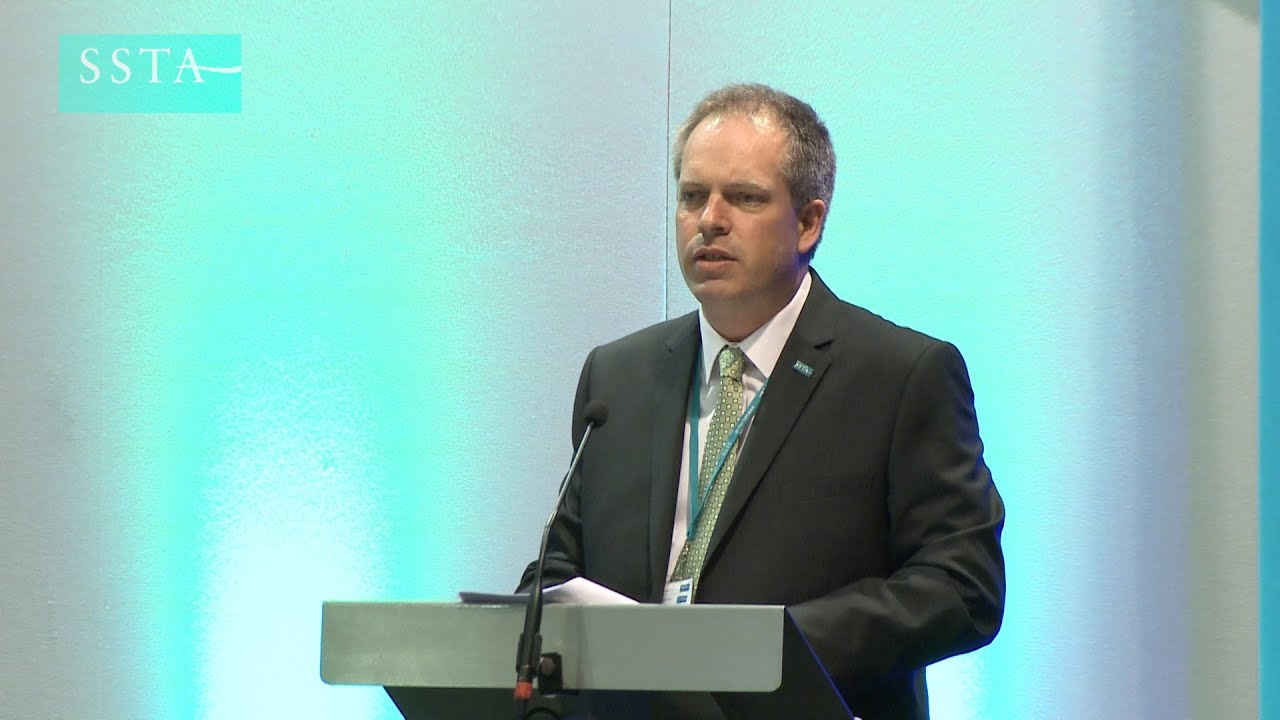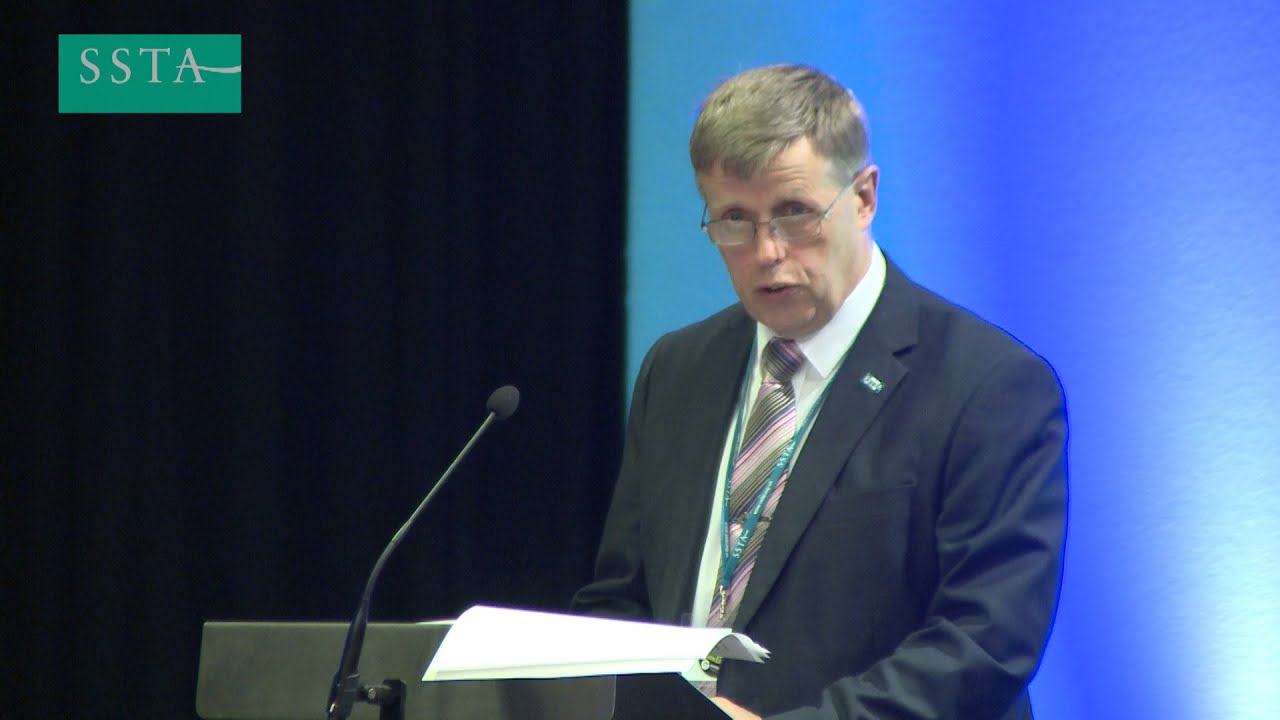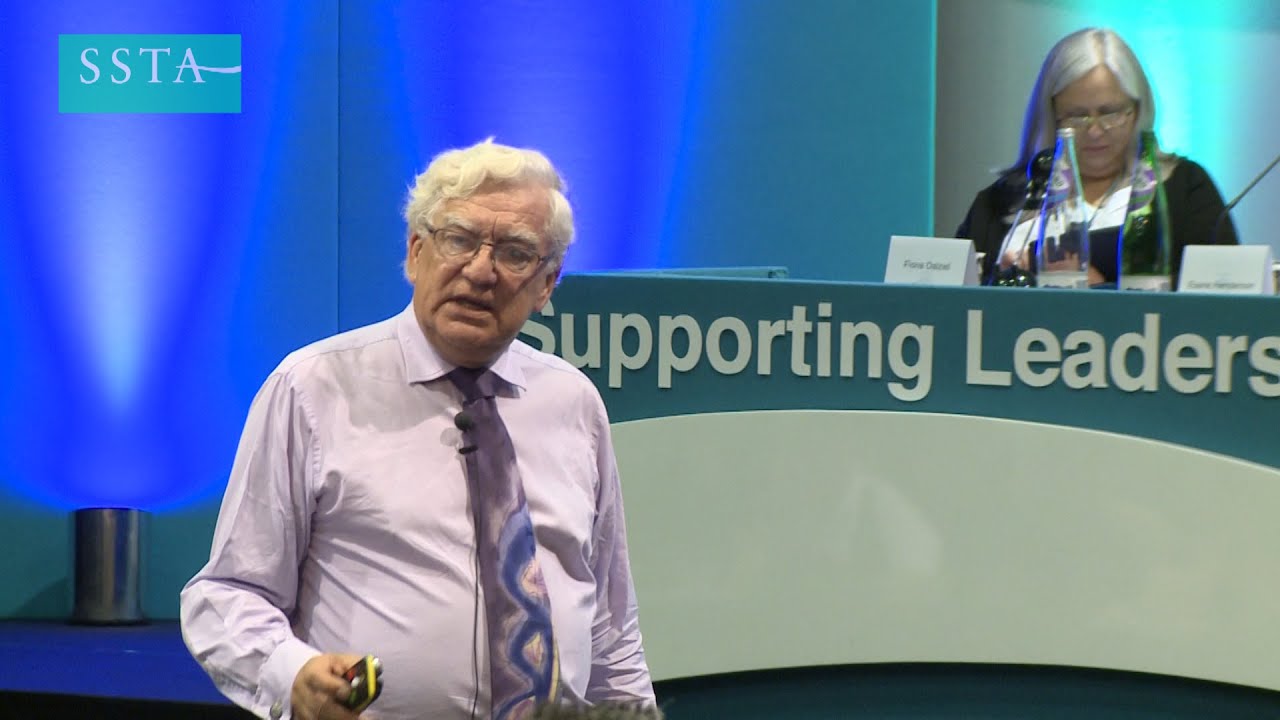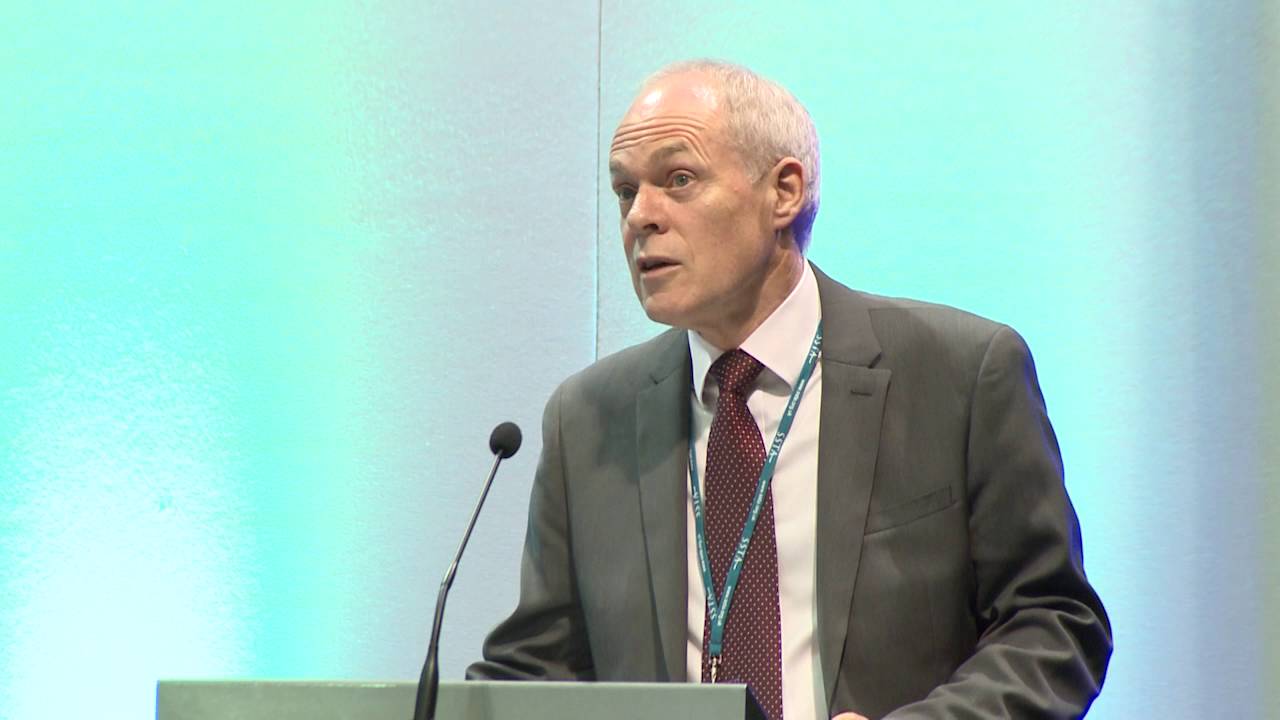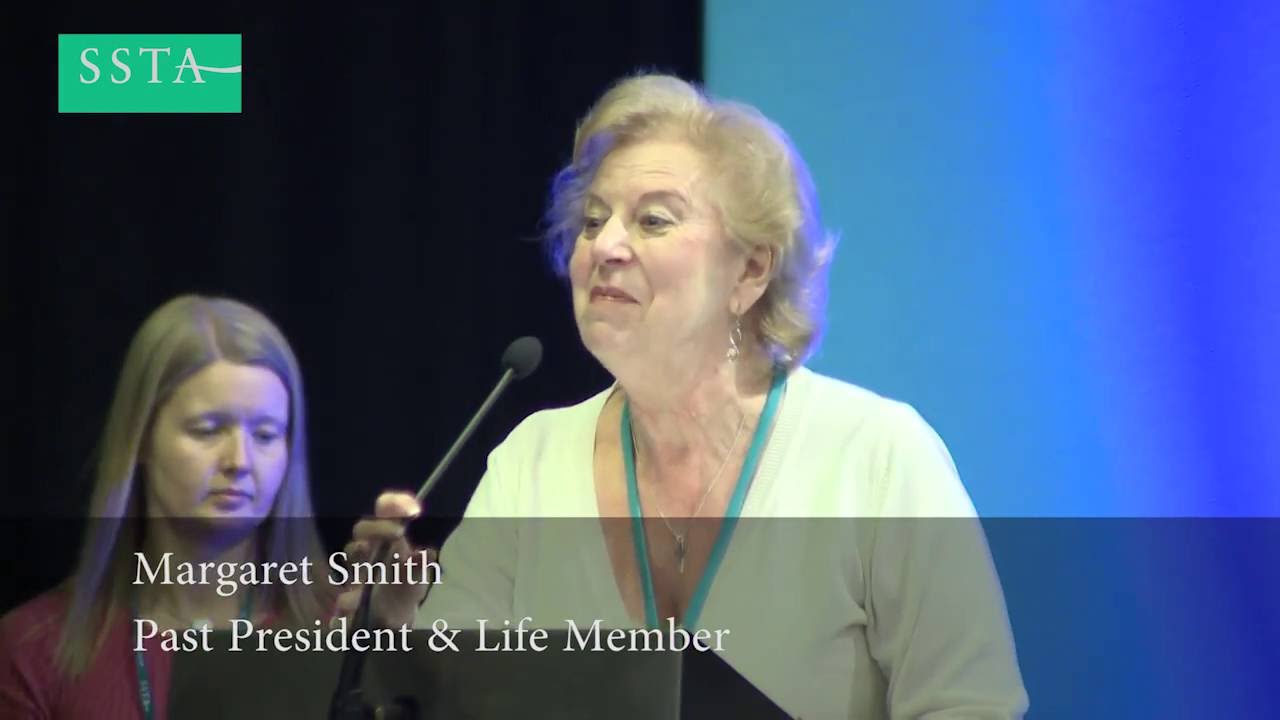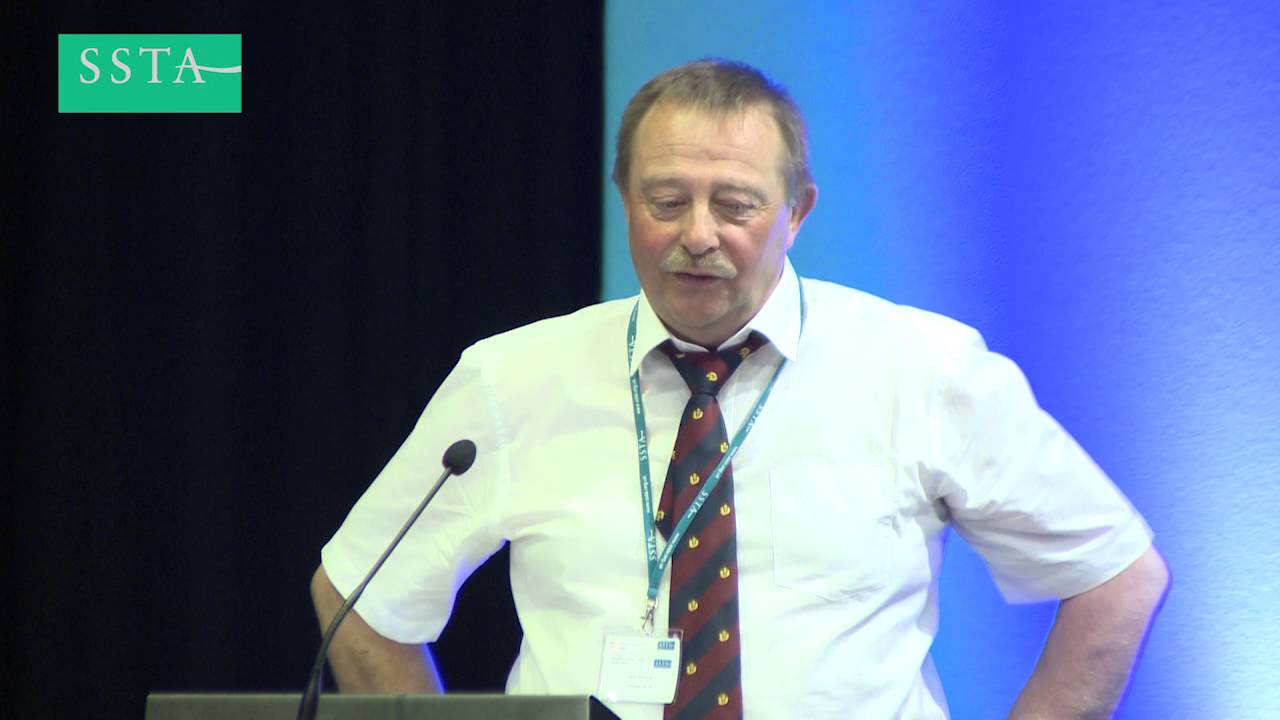BALLOT FOR INDUSTRIAL ACTION TO BEGIN
SSTA National Executive has set the date for the start of the formal postal ballot for Industrial Action on reducing Teacher Workload. The Ballot will commence on 14 September and close on 30 September. The National Executive are very much aware of the efforts of the Deputy First Minister to address Teacher Workload and promote Teacher Professional Judgement but Teacher Workload needs to be reduced in the current session. The SSTA asks again for urgent action to reduce teacher workload and refocus teachers to teaching and learning and closing the attainment gap.
All members are reminded to ensure their home details are up to date to receive a ballot paper. National Executive has listened to the call from members to take action and is strongly advising members to vote YES in the ballot.
******* VOTE YES TO REDUCE TEACHER WORKLOAD *******
SSTA Council
- John Swinney Deputy First Minister (DFM) has accepted invitation to attend SSTA Council meeting on 1 October in Edinburgh
Assessment and National Qualifications working group report – 26 May 2016
- To review the policy framework, the development of qualifications, the assessment policy and practice. Interim report due in March but released on 26 May
http://www.gov.scot/Topics/Education/Schools/WorkingGrouponAssessmentandNQs
Education Scotland – 26 May
Scottish Qualifications Authority – 26 May
- SQA published their research reports and executive summary
www.sqa.org.uk/nqresearch
SSTA meeting with Minister 7 June
- ‘Closing the Gap’ – the importance of the Inclusion agenda and the negative impact in schools due to finance cuts on those most in need.
- Teacher Workload – SSTA welcomed the Ministers intention to ‘declutter’ teachers and allow focus on teaching and learning. The SSTA urged intervention with the employers and reach a way forward to tackle excessive teacher workload created by National Qualifications.
- National Qualifications – discussion on possible actions that could reduce workload such as reducing internal assessment and trusting teachers’ professional judgement, an externally marked element in National 4 including Value Added Units to give credence to the qualification.
- Future Structures – SSTA emphasised the important role of Local Authorities in delivering Education and all structures needed to be reviewed and improved rather than ‘wholesale’ structural change. We were reassured that it was your intention to encourage more collaboration between Local Authorities rather than a long process of restructuring.
Education Summit – Delivering Excellence and Equity in Scottish Education – 15 June
- Attended by all education stakeholders and all political parties
- First Minister opening remarks – Chaired by Deputy First Minister
- Building on Scotland’s strengths – an international perspective (OECD)
- Aims of Summit – Towards a delivery plan for Excellence and Equity in education
- Empowering classrooms and putting teachers at the heart of improvement
SSTA Submission on Teacher Cutting Workload – 20 June
The SSTA response focused on
- General Workload – the ‘Curriculum for Excellence Working Group on Tackling Bureaucracy Follow-up Report’ (March 2015) had had minimal impact in schools.
- National Qualifications – action to relieve the pressure immediately without any precedent being set for the future.
Education Delivery Plan – 28 June 2016
The Delivery Plan sets outs the actions required to close the attainment gap over the next five. It will involve further sustained pressure to reduce workload for teachers.
The plan confirms the Scottish Government will:
- Focus on closing the attainment gap by extending the Scottish Attainment Challenge over the next five years.
- Launch a governance and funding review to examine the system changes required to empower schools, devolving funding and more decision-making to schools and communities.
- Simplify Curriculum for Excellence and streamline the current range of curriculum guidance for teachers, and introduce a simpler set of key resources for the profession by January 2017.
- Invest in teachers and their skills to ensure we have highly qualified and empowered staff.
- Move from a “culture of judgement” to a “system of judgement” to provide robust information on the education system to support improvement.
http://www.gov.scot/Resource/0050/00502222.pdf
Inspectorate LA reviews – 15 to 25 August
- Inspectors will look at: what support and guidance for schools and teachers the local authority has in place; what the local authority requires schools and teachers to do; and any specific guidance the local authority has provided on how to reduce bureaucracy/workload.
- Inspectors met local authority staff and speak to groups of headteachers and teachers from a number of schools and centres.
- The issues to be covered will include, in the context of both the broad general education (early years, primary and S1 to S3) and the senior phase:
- forward and curriculum planning;
- assessment, including national qualifications;
- tracking, monitoring and reporting;
- self-evaluation and improvement planning;
- IT systems; and any other issues/good practice which local authority staff, headteachers or teachers wish to highlight.
Assessment and National Qualifications working group – 17 August
- Group re-established and chaired by DFM to make recommendations to Ministers and the CfE Management Board on:
- the policy framework (including design principles) within which qualifications are developed and operate
- assessment policy and practice from age 3 to 18, and the best means of supporting improvements.
“This will help to reduce unnecessary workload for teachers and learners. It is not enough to have good teachers if they do not have the time and space to do their job. That is why groups like this are essential to help us strip away anything that creates unnecessary workload for the profession”- DFM
Framework of teaching and benchmarks – 29 August
- CfE Statement and ‘draft’ Bench Marks published
International Council of Education Advisors – 31August &1September
- Panel to meet twice a year with two year tenure
- Remit of panel and selection process requested
- Business representative included but no trade union representative
http://news.scotland.gov.uk/News/International-education-panel-confirmed-26f8.aspx#downloads
Teacher Panel
- Members nominated by Education Scotland and the Scottish College for Education Leadership and are drawn from 14 local authority areas
- The class teacher panel will ‘test’ the programme for reducing workload in schools
National Improvement Framework for Scottish Education
- National priorities: a) Literacy and numeracy; b) closing the gap; c) health and well-being; and d) positive destinations
- Teacher professional judgement survey 2016 (formerly known as school data) -Literacy and numeracy judgements in P1, P2, P4 and S3 with National Report and Statistical Report to be published in December
- Achievement of a level support plans – Education Scotland to arrange training sessions 1) moderation, 2) standards and 3) range of evidence required. Holistic assessment the main focus to assist LAs disseminate to schools
- Standardised assessment update – 3 contractors have tendered with preferred bidder to be announced in mid-September. Pilot carried out 2016-2017 (7 Attainment Challenge LAs) with most LAs volunteering to be part of pilot
- Statutory Guidance – consultation until 11 November to be introduced in 2017
https://consult.scotland.gov.uk/strategy-and-performance-unit/statutory-guidance
Digital Learning and Teaching Strategy – to be launched 21 September
As a result of the positive consultation exercise, the strategy and its associated actions will be structured around 4 key themes:
- Improving access to digital technology for all learners
- Empowering leaders of change to drive innovation and investment in digital technology for learning and teaching
- Ensuring curriculum and assessment relevance in a digital context
- Extending the skills and confidence of teachers in the appropriate and effective use of digital technology
Named Person – 28 July
The Supreme Court judgment:
- ruled that the principle of providing a named person for every child and young person does not breach human rights and is compatible with EU law;
- rejected the petitioners’ argument that the legislation relates to reserved matters;
- ruled that the information-sharing provisions of the 2014 Act are incompatible with Article 8 of the European Convention on Human Rights and that changes are needed to make those provisions compatible with Article 8.
What this means is that the Scottish Government is required to amend the information-sharing provisions in the 2014 Act to provide greater clarity about the basis on which information will be shared to ensure compliance with the ECHR.
Scottish Trades Union Congress
- General Council priorities 2016-2017
- Union Promotion and Engagement, to increase trade union membership
- Campaigning and Communicating, relationships with Government, etc.
- Policy Development, for economic and social equity
- Equality, elimination of harassment, prejudice and unfair discrimination
- Effective Organisation, effective governance arrangements
- 2016 Women’s Congress – 28 & 29 October in Perth
- 2017 and 2018 Annual Congress to be at the MacDonald Aviemore Resort
- St Andrew’s Day March and Rally – Saturday 26 November, Glasgow
– Theme “No Racism: Protecting Rights, Defending Communities”
Trade Union Act
- Received Royal approval on 4 May with legislation still to be enacted
- 50% Ballot threshold is confirmed and so is the 40% threshold for important public
services.
- Ballot only valid for 6 months but can be extended to 9 months with the agreement of the employer.
- Notice period for strikes extended to 14 days unless employer agrees
******* VOTE YES TO LET TEACHERS RETURN TO TEACHING *******

